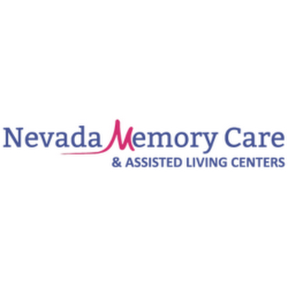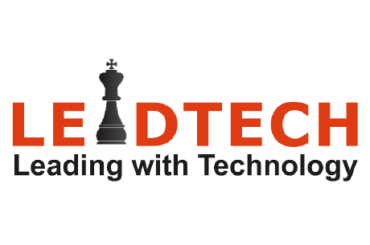In today’s fast-paced world, health has become one of the most valuable assets a person can possess. Yet, many individuals wait for illness to strike before paying attention to their well-being. The concept of being your own health guardian is about taking responsibility for your physical, mental, and emotional health before problems arise. It means becoming aware of your body, listening to its signals, and making informed choices daily that protect and enhance your overall wellness.
Being your own health guardian starts with developing healthy habits. Regular physical activity, a balanced diet, adequate sleep, and hydration form the foundation of a healthy lifestyle. Exercise helps improve cardiovascular health, builds strength, reduces stress, and boosts mood. A diet rich in fruits, vegetables, lean proteins, and whole grains ensures your body receives the essential nutrients it needs to function properly. Staying hydrated keeps the body’s systems working efficiently, while sleep plays a crucial role in healing and restoring energy.
Another important aspect is Preventive Health Care. Many diseases and health conditions can be avoided or managed early with regular check-ups and screenings. Monitoring blood pressure, blood sugar, cholesterol levels, and undergoing annual physical exams can detect potential problems before they become serious. It’s also important to stay up to date with vaccinations and to consult a healthcare provider if you notice unusual symptoms.
Mental and emotional health are often neglected, but they are just as important as physical health. Stress, anxiety, and depression can lead to physical ailments and decreased quality of life. Practicing mindfulness, meditation, journaling, or simply taking breaks to relax can greatly improve emotional well-being. Building strong relationships and staying connected with loved ones can also act as a buffer against mental health issues.
Technology can also assist in becoming a health guardian. Health tracking apps, fitness watches, and telemedicine services provide individuals with tools to monitor their health more closely and get support when needed. These technologies help track activity, sleep patterns, calorie intake, and more, allowing individuals to make data-driven decisions about their health.
An important part of being your own health guardian is self-awareness. Know your family’s medical history, understand your risk factors, and educate yourself about conditions that may affect you. Avoid harmful habits such as smoking, excessive alcohol consumption, or drug abuse. If you already struggle with any health condition, taking your medication on time, following doctor’s advice, and maintaining a Healthy Lifestyle can help you live a longer, better life.
Listening to your body is also key. Pain, fatigue, frequent headaches, or changes in appetite and sleep patterns may all be warning signs. Don’t ignore these symptoms. Seek medical advice and try to understand what your body is trying to communicate.
Being your own health guardian doesn’t mean you never need help from professionals. On the contrary, it means working with doctors, nutritionists, fitness trainers, and mental health Experts by being informed, proactive, and engaged in your own care. Health is not something to take for granted—it’s something to protect and nurture every day.
In conclusion, being your Own Health Guardian empowers you to take control of your life. It’s about prevention, awareness, and action. With small consistent steps and a commitment to self-care, you can build a healthier future for yourself. Remember, no one else will care for your health as much as you can. Start today—your future self will thank you.






